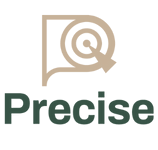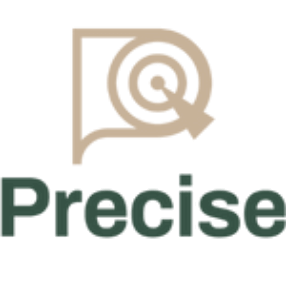If you are looking at getting a liquor licence, or maybe you already have one but have only had it for a very short time, there is an assortment of information that is important for you to know and understand. This article looks to address some of the essential aspects of owning a liquor licence in Queensland, helping you ensure that you are always in compliance and providing you with some most helpful information.
If I take over a licenced business, can I transfer their licence to me?
If you are taking over a business that currently has a liquor licence, an important step would be to find out if you can transfer their licence to yourself. Fortunately, Queensland law allows you to do just that. As long as you meet all of the requirements put in place for the business you are taking over and that you are going to trade in the same manner, you can quickly transfer the liquor licence over to your name. After all, you are the establishment’s new owner, and the liquor licence comes with that. This is one reason why many people buy businesses that already have a liquor licence.
It is also vital that you understand that if this is the option you choose, you ensure that the licence is up-to-date and active at the time of purchase of the establishment. Again, a licence may be transferable to you after you have made the purchase, but if that licence has expired, you will have to start the process all over again.

Do I own my licence?
This is an excellent question. Many people wonder if the licence attached to their establishment is actually theirs to own. The reality is, a liquor licence is issued over a parcel of land, which means it stays at the property and is only transferable to another company wishing to trade similarly and on the same spot.
It is a common misunderstanding to think that a licence belongs to a company or individual, when in fact, it is attached to the building. This means that the organisation operating the premises is appointed as the licensee of said licence and can benefit from the sales over the licensed premises. This is an important distinction because it is the location that must meet all of the standards and requirements set by the local liquor authority.
What happens if I don’t pay my licence renewal fees?
Your renewal fee is due on July 31 each year. It is paid just one time a year and must be paid by this date. Failure to do so will mean that your licence will go into suspension. This means that your licence will instantly be suspended if you do not have your fee paid to the OLGR by July 31.
While you can get this out of the suspension status, it is a lot of work. So instead of putting yourself in this situation, ensure that you have the funds sent to the OLGR by July 31.
Do I need a lease?
You must have complete control and exclusive use over the property where the liquor will be sold. The lease or ownership of the property must meet the exact specifications outlined in the proposed licence. You must also demonstrate that the lease will be in good standing during the duration of the liquor licence.
While you may be able to secure a lease, you must also demonstrate you have planning permission to supply liquor for the activities permitted by the licence type and the trading hours you are seeking. So, when looking for a premise, make sure you check the zoning of the local council.
Is there any regulatory training?
There is most definitely mandatory training that is involved in receiving your licence. You must learn the latest regulations and guidelines stipulated by the OLGR when it comes to running an establishment that offers alcohol as part of the business. You must receive a copy of your certificate that verifies that you have completed the RMLV, and this must be submitted with your application. If you have not gone to this training, you will not be eligible to receive your licence, regardless of whether you have met all of the other standards. All staff who work in the service of alcohol must also have completed the RSA course.
Can I change the licenced area description?
Absolutely. There are times when your business may increase in size or may downsize. This change may be a permanent one. However, in some instances, it is a temporary situation. There are specific applications that allow you to change the size of the licensed area, even if it is a temporary change.
Can I change the conditions endorsed in my licence?
Businesses change over time, and the regulatory authority understands this. Therefore, the conditions for which you have received your licence may be adjusted, maybe even temporarily. As long as you submit an application with all of the proper paperwork, you will have no issues in varying the conditions of your licence.
Can I extend my trading hours?
You may have a situation where you also need to change your hours of operation. This is because the trading hours need to be adjusted to meet the demands of the business. That happens quite often, and the OLGR accept applications to extend the trading hours. But, again, make sure you have planning permission from the local council.
What is RAMP?
RAMP stands for a Risk Assessed Management Plan. This is an extensive plan related to your liquor licence that sets the practices and procedures that will be followed at the premises. The purpose of your RAMP is to provide a complete outline of how the business will be managed to ensure that there is no situation where alcohol abuse or misuse will occur.
In other words, the RAMP is your plan of action that ensures that you are not only meeting the conditions of your licence but that you are also ensuring that the experience for customers is a safe one. The RAMP must be submitted with your licence application.
Can I get a licence short term?
You most certainly can. There are many licences available that allow you to get a liquor licence for a temporary situation. For example, maybe you have a small ex


